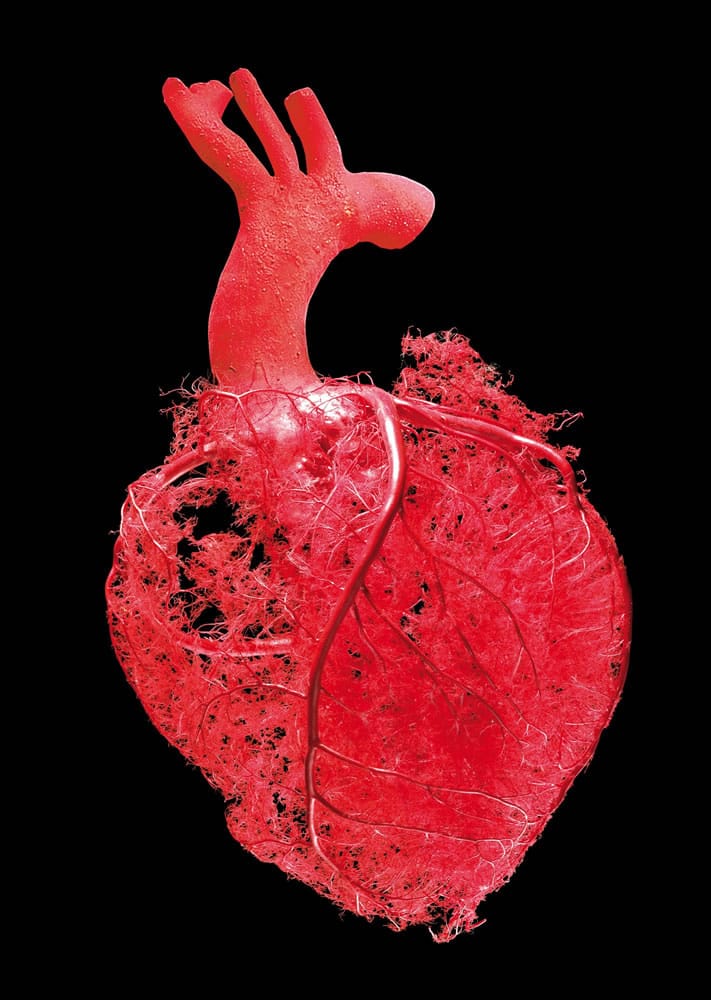February is American Heart Month. For more information on risk factors and tips for preventing heart disease, visit the American Heart Association at http://www.heart.org.
America’s heart is in need of a workout.
A recent report by the American Heart Association found that the country’s cardiovascular health is far from ideal.
Daily calorie consumption has climbed 10 percent for men and 22 percent for woman in three decades. Obesity rates are steadily increasing, with about two-thirds of adults overweight or obese. And physical activity levels are dropping; about one-third of adults engage in no physical activity, according to the American Heart Association.
But adults aren’t the only ones with poor heart health.
One-third of children are overweight or obese in this country — a statistic mirrored at the local level. And only about half of Clark County 10th- and 12th-graders get 60 minutes of physical activity each day, according to the state’s Healthy Youth Survey.
“We’re producing a generation of kids that are going to be stressed with heart disease at much earlier rates,” said Rainy Atkins, chief operating officer at PeaceHealth Southwest Medical Center and board member for the Oregon and Southwest Washington branch of the American Heart and Stroke Association.
“This is the first generation of kids with less life predicted than we had,” she added.
Obesity is beginning at earlier ages, and with the extra pounds come health complications such as high blood pressure and hypertension, said Dr. Lian Shaw, cardiologist at Legacy Salmon Creek Medical Center.
Good cardiovascular health is important for maintaining good quality of life and preventing the onset of heart disease and strokes, Shaw said. Poor heart health can also lead to high blood pressure, heart attacks, hypertension, abnormal heart rhythms and loss of function of extremities, he said.
While death rates for cardiovascular diseases are dropping, they still account for one-third of deaths in the U.S., according to the heart association. In Clark County, heart disease is a leading cause of death, second only to cancer.
To slow the prevalence of heart disease, people need to take action now, Shaw said.
“What we do today will affect us in the future,” Shaw said. “We not only need to take care of ourselves but look at our children and think, ‘Do I want my kids to have heart disease?’”
More young people are trading outdoor play for video games. Families are swapping healthful meals with convenient, and often high-fat, meals, Shaw said.
Solutions
To improve heart health, Shaw suggests a diet with more fruits and vegetables and without high-fat foods. Keeping one’s body mass index less than 25 is also important, he said.
Getting 30 minutes of exercise every day conditions the heart and body. Exercise also keeps the extra pounds off and lowers blood pressure, Shaw said. Kicking a cigarette smoking habit — or never starting — will also help foster good heart health, he said.
Small changes in daily routines can also make an impact, Atkins said.
Take the stairs instead of the elevator. Go for a 30-minute walk after work instead of watching a TV show. Substitute fruit for potato chips as afternoon snacks, Atkins said.
Taking action and addressing the areas within one’s control, like diet and exercise, are important first steps, Shaw said.
“If you maintain a good lifestyle now, you can, in effect, have a brighter future with less cardiovascular complications,” he said.




